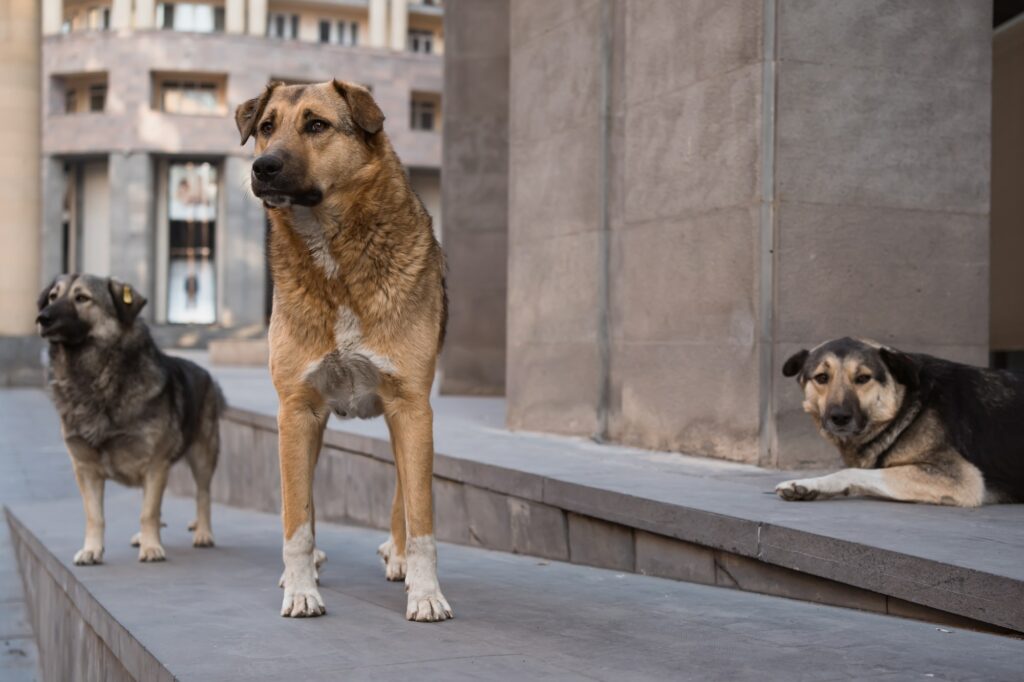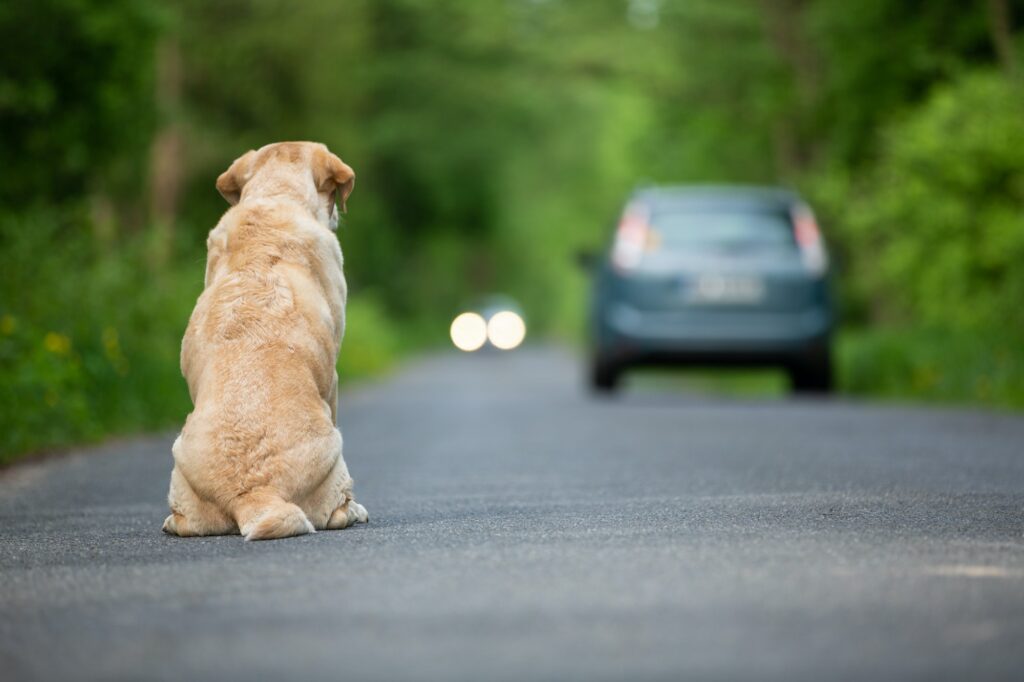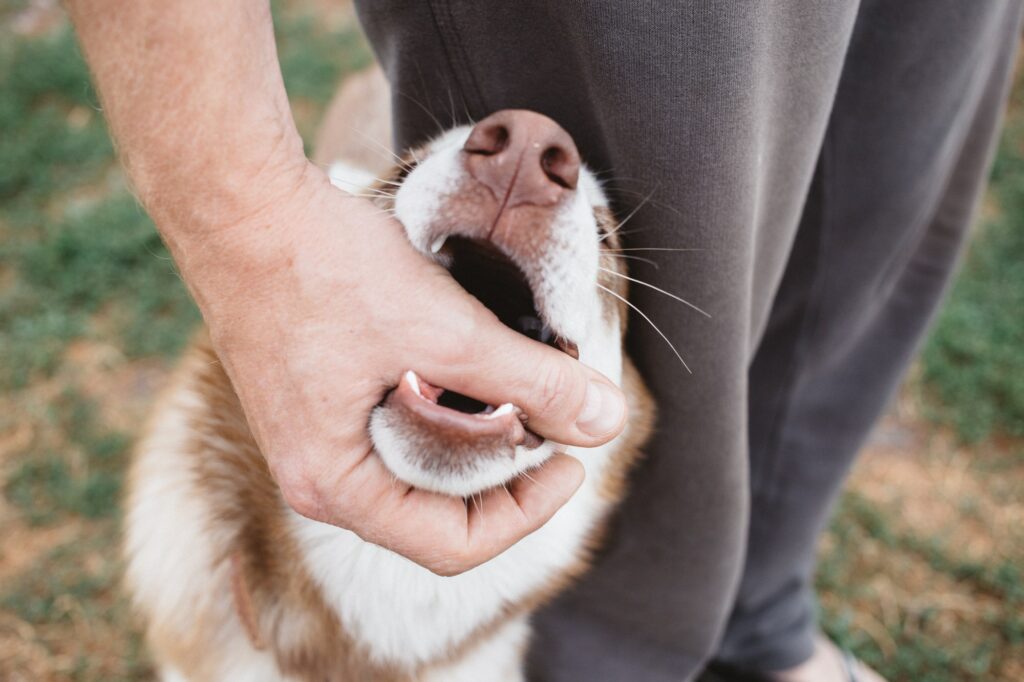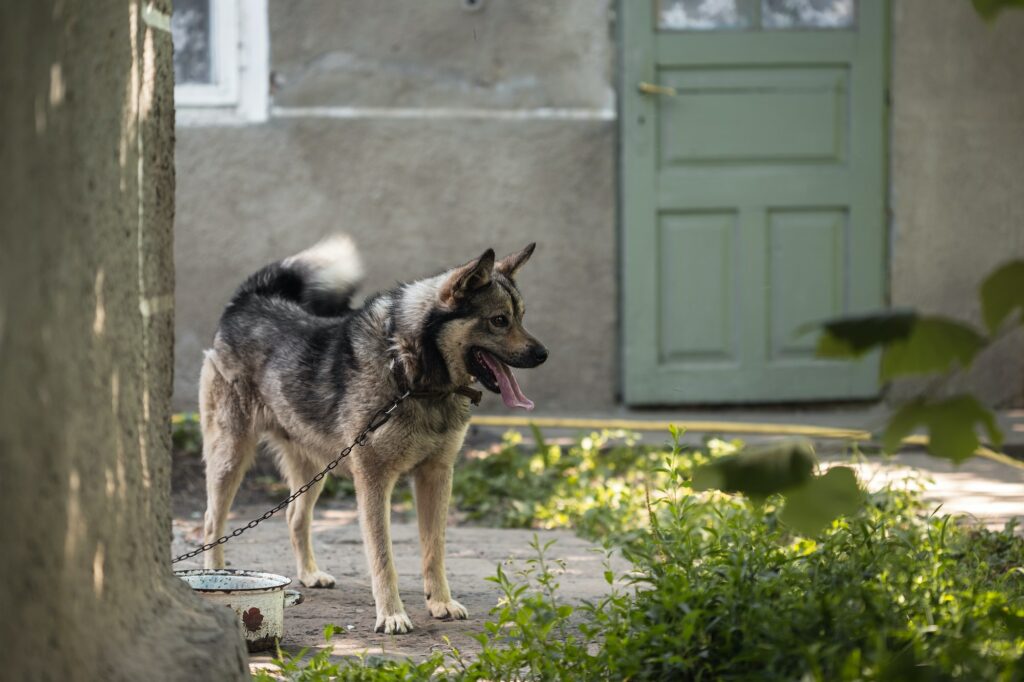In Virginia, there are a number of animal cruelty laws that protect both domesticated and wild animals. These laws are put in place to ensure that all animals receive the basic level of protection, regardless of their species or owner. However, there are still some gaps in these laws, and legislators and animal welfare advocates are fighting to enact new legislation to close these gaps. This blog post will discuss Virginia’s current animal cruelty laws and the proposed bills that would improve those laws.
What Are the Animal Cruelty Laws in Virginia?

Virginia has a wide range of defined actions that are viewed as animal cruelty. These include everything from the intentional infliction of physical pain or suffering on an animal to the deprivation of food and water. According to Virginia Code § 3.2-6570, it is illegal for anyone to “override, overdrive, overload, torture, torment, cruelly beat, mutilate or kill any animal, or cause or procure it to be done.” Of course, this is not the case if the act is in self-defense or out of necessity.
In addition to the general animal cruelty laws, Virginia also has a number of more specific laws. For instance, the state’s law against animal fighting makes it illegal for anyone to be present at an animal fight or to knowingly possess animals that have been used for fighting purposes (Virginia Code § 3.2-6580). The state also has animal cruelty laws that make it illegal to abandon pets, transport animals in a cruel manner, and keep animals in inadequate living conditions (Virginia Code § 3.2-6503). We will get into these laws a little more down below!
What is the Punishment for Breaking Animal Cruelty Laws in Virginia?
The punishment for breaking animal cruelty laws in Virginia depends on the specific offense. Generally speaking, most acts of animal cruelty are considered Class 1 misdemeanors and can result in fines of up to $2500 and jail time of up to one year. Those punishments will be increased if the person is found guilty of repeat offenses.
What is the Punishment for Dogfighting?
Similarly, the punishment for dogfighting is determined by the specific offense. It is considered a Class 6 felony and can result in prison time of up to 5 years and fines of up to $2,500. However, if the person has been previously convicted of animal cruelty or dog fighting, then they may face harsher penalties, including longer jail sentences and larger fines.
Dog Abandonment Laws

As we mentioned, animal cruelty is a broad term encompassing many different actions. One such action is the abandonment of pets or animals in Virginia. This is illegal according to Virginia Code § 3.2-6503, which states that any person who abandons a pet or animal will be guilty of a Class 4 misdemeanor and may face a fine of up to $250. Virginia has a number of public animal shelters where you can take your pet without being asked questions. Remember that abandoning animals is not only unlawful but also hazardous and negligent for both the animal and the public.
What is the Punishment?
Abandoning an animal in Virginia is considered a Class 1 misdemeanor, which is the most severe misdemeanor charge. It comes with the possibility of longer jail time and larger fines. Moreover, if someone is found guilty of neglecting, abandoning, or cruelly treating their pet, they may be prohibited from owning any other pets in the future. In Virginia, if someone has been convicted of animal cruelty, including abandonment, it is against the law to sell or trade any pet unless a court has ordered otherwise.
What Happens if They Need Vet Care?
According to Virginia law, owners forfeit all ownership rights if they abandon an animal. However, if the abandonment occurs at a boarding kennel, the previous owner may still be liable for the costs of caring for the animal.
Dog Bite Laws

In the context of dog bites, Virginia follows the “one bite” rule to some degree, but it is also governed by the principle of “contributory negligence.” This means that the owner of a dog can be held liable if their negligence contributed to the bite. For example, if an owner knew their dog was aggressive but still allowed it to roam freely, they could be found negligent and held accountable.
The “one bite” rule states that a dog owner is not liable for their dog’s first bite if they are unaware of their dog’s tendency to be aggressive. However, if the owner was negligent in properly restraining the dog or the victim was taunting or provoking the dog, they may share responsibility for the incident. It is also important to understand that there are situations in which dogs are not considered aggressive, even if they have been deemed hazardous before. When a dog is defending its owner or has been provoked, such as by yelling, hitting, or throwing objects, the owner cannot be held responsible for any resulting attacks.
Finally, it is essential to note that in Virginia, animal owners can be held liable even if their animal has not bitten anyone. For example, they could be found negligent if they allow their pet to roam freely, and it causes damage or injury to people or property. The punishment for this depends on the severity of the offense and can range from a fine to jail time.
Dog Chain Laws

In Virginia, it’s illegal to tether or chain a dog continuously. If an owner ties their dog up and leaves it there for long periods without adequate shelter, food, or water, they can be charged with animal cruelty. Virginia has several tethering laws that are essentially basic guidelines for responsible dog ownership. For instance, if you tether your dog in Virginia, you must provide them with food, water, and shelter. Moreover, you can’t tether them during harsh weather conditions. These laws are quite sensible, ensuring your furry friend’s safety while tied up.
Animal Cruelty Laws in Virginia vs. Other States
The Animal Legal Defense Fund ranks Virginia 15 out of all 50 US States for animal protection laws. This is based on their animal cruelty laws. Virginia has some of the nation’s most comprehensive animal protection laws, including criminal provisions to protect animals from neglect and abandonment, malicious suffering, and intentional abuse. Additionally, the state has extensive civil remedies available to those whose animals are harmed or killed by another person’s actions.
In comparison, other states may have laws to protect animals from cruelty but do not provide the same criminal provisions as Virginia. For instance, some states only allow a fine for the cruel treatment of an animal instead of jail time or a combination of both. Overall, Virginia has relatively strong animal cruelty laws compared to the rest of the country.
Are There Any Proposed Bills to Strengthen Animal Cruelty Laws in Virginia?
The short answer…Yes, there are several proposed bills that aim to strengthen animal cruelty laws in Virginia. These bills would increase the fines for those guilty of animal cruelty and create tougher penalties for repeat offenders. Some of these proposed bills would also expand the criminal provisions for animal cruelty, including anyone who assists in or encourages animal abuse or neglect.
For example, Virginia Senate Bill 1027 proposes harsher punishments for anyone convicted of maliciously wounding or killing a pet, including jail time and increased fines. The proposed bill also calls for stricter enforcement of existing laws punishing those guilty of animal cruelty and creating an Animal Cruelty and Protection Task Force.
Ultimately, these proposed bills aimed at strengthening Virginia animal cruelty laws could significantly impact pet safety by deterring people from committing such offenses. We must do our part to ensure that these bills are passed so we can protect our furry family members from harm.
Fighting Animal Cruelty with WPP
If you are looking for ways to fight animal cruelty in Virginia, consider donating or volunteering with Wounded Paw Project (WPP). The WPP is a non-profit organization that works to protect animals by creating awareness, advocating for stricter regulations, and providing resources and support to pet owners. Through collaborations with state and local governments, law enforcement agencies, community groups, and other organizations, WPP works to protect animals from suffering, and we can’t do it without your help!
